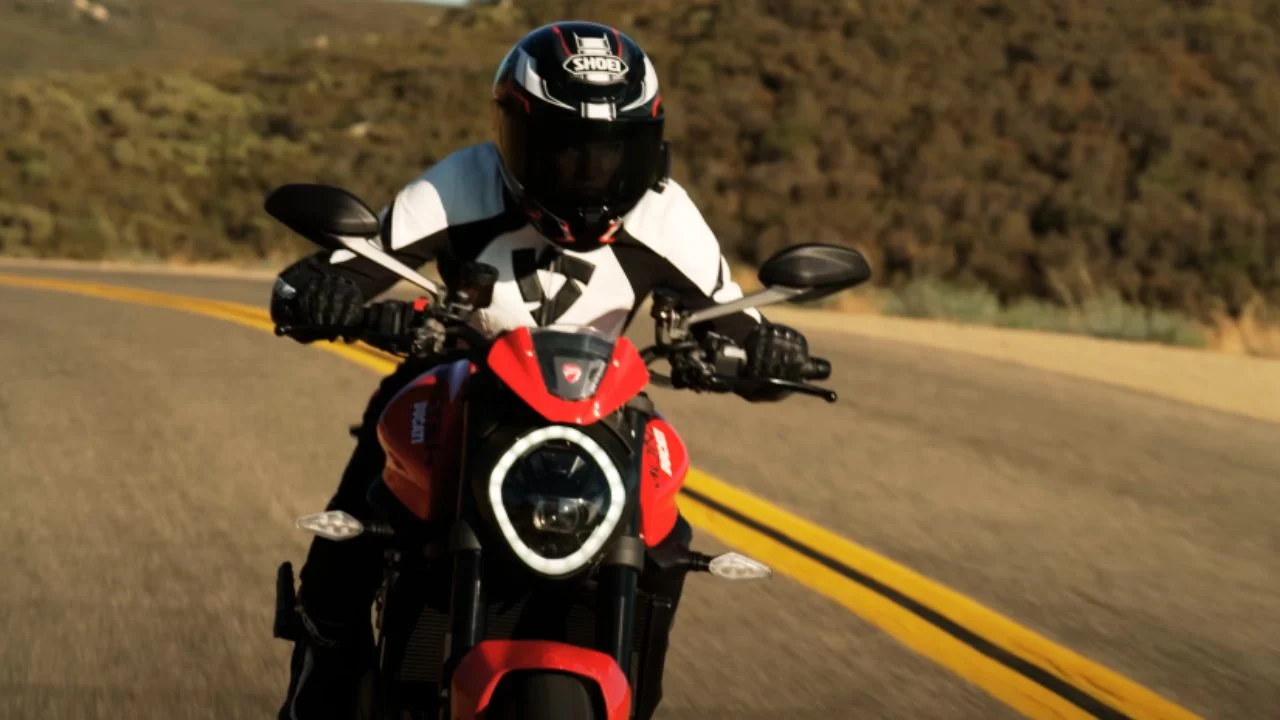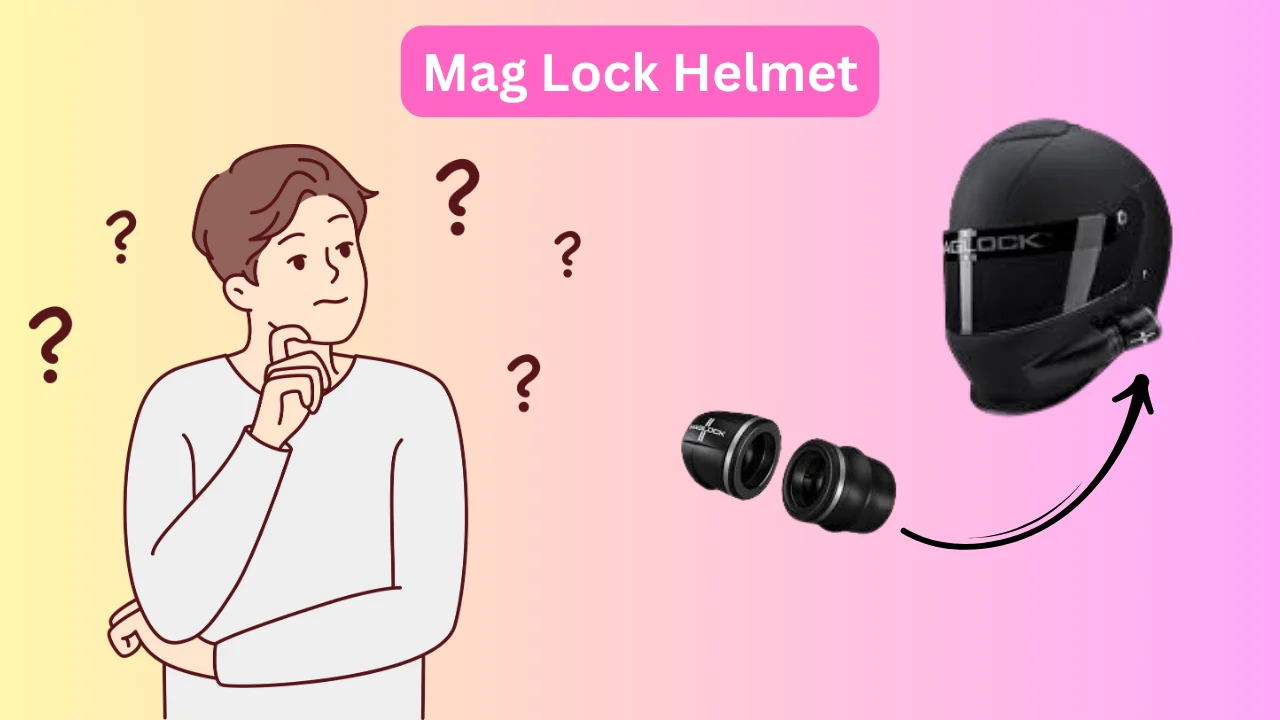As a motorcyclist, I’ve often found myself wondering, is it legal to ride a motorcycle without a helmet? That question used to cross my mind every time I traveled to new states on my bike. The rules around helmet laws can be confusing, and every state seems to have a different take on it.
In this blog, I’ll walk you through everything I’ve learned about helmet laws across the U.S., and why I’ve personally decided that wearing a helmet is the best choice, even when it’s not required by law.
Quick Fix
Riding a motorcycle without a helmet is legal in some states but not in others. Helmets reduce the risk of injury by 69% and death by 37%. Fines for not wearing a helmet can range from $10 to $200, depending on the state. Whether required or not, helmets are a critical safety feature for riders.
Understanding Helmet Laws by State
If you’ve ever ridden cross-country, you know that helmet laws are different depending on where you are. I was shocked to learn that only 19 states and the District of Columbia have universal helmet laws.
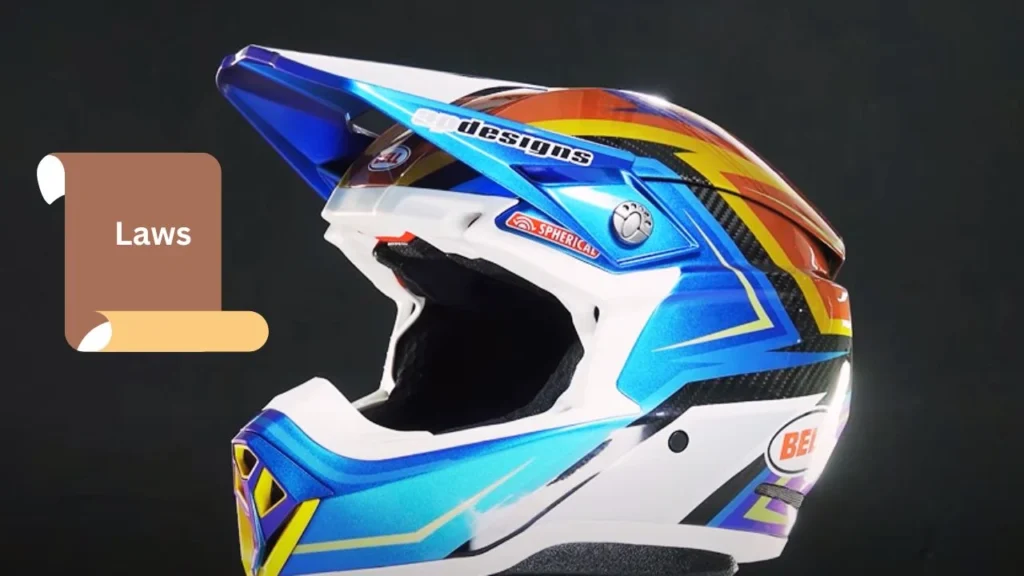
It means they require all riders to wear a helmet, no matter how old they are. The other 28 states have partial laws that usually apply to younger riders, and in Iowa, Illinois, and New Hampshire, there’s no helmet law at all.
Yep, you read that right—there are a few places where you’re free to ride helmet-free, no questions asked.
Here’s a quick breakdown of how helmet laws work in some states:
- California, New York, and Alabama: Everyone must wear a helmet, regardless of age.
- Texas and Florida: You only need a helmet if you’re under 21 years old.
- Illinois, Iowa, and New Hampshire: No helmet laws, but I’d still recommend wearing one!
Before I hit the road on long trips, I always check the local laws, especially when crossing state lines. It’s not fun to get stopped just because you didn’t know you had to wear a helmet in a particular state.
How Helmet Laws Affect Motorcycle Insurance
During my research, I found that wearing a helmet doesn’t directly lower your motorcycle insurance rates. I was surprised by this because I always thought that wearing protective gear would somehow reduce my premium.
It turns out that insurance companies don’t even ask if you wear a helmet. However, there’s a catch: wearing a helmet can still save you money in the long run.
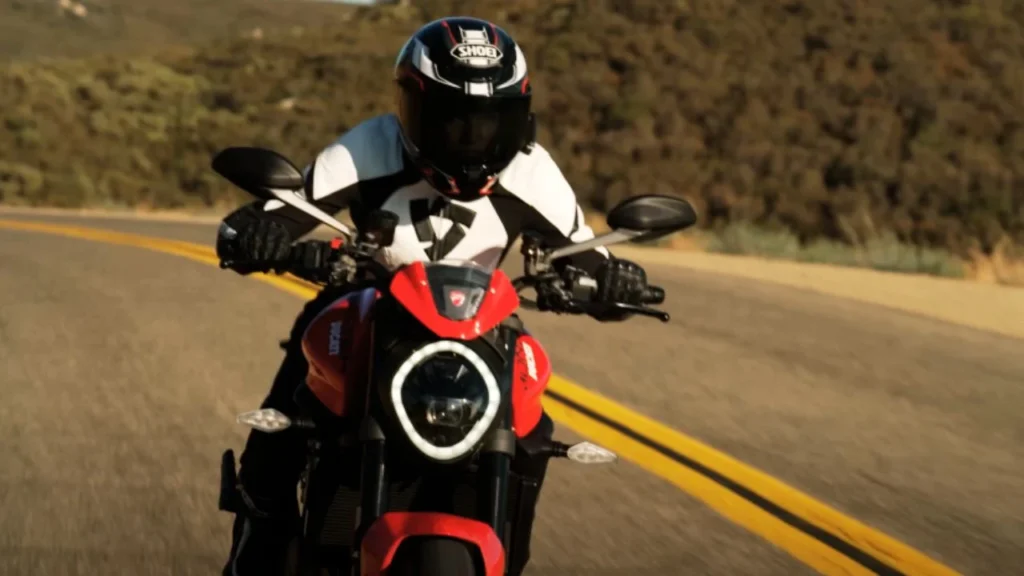
Here’s how it works: helmets reduce the severity of injuries in accidents. If you’re in an accident and file a big claim because of serious head injuries, your insurance premium might go up later. Fewer claims mean less chance of your rates increasing.
For example, after Michigan repealed its helmet law in 2012, the average medical claims for motorcyclists went up by 22%. That’s a big jump, and it didn’t take long for insurance premiums in the state to follow suit.
The Safety Benefits of Wearing a Helmet
I’ll be honest—I wasn’t always the biggest fan of wearing a helmet. When I first started riding, I loved the feeling of the wind on my face. But after learning more about the risks, I quickly changed my tune.
Statistics show that wearing a helmet reduces the risk of dying in a motorcycle crash by 37% and lowers the chance of serious head injuries by 69%.

Those numbers really hit home for me, especially after hearing about fellow riders who didn’t fare well in accidents.
It doesn’t matter how experienced you are on a bike—accidents can happen to anyone. I’ve had a few close calls myself, and after one particular near-miss, I realized that a helmet is a small price to pay for safety.
What Makes a Good Helmet?
Once I decided to commit to wearing a helmet every time I ride, I spent some time figuring out what to look for. Here’s what I found: not all helmets are created equal. You’ll want to make sure your helmet meets certain safety standards.
- DOT-certified helmets: These helmets meet the basic safety requirements set by the Department of Transportation.
- Snell-certified helmets: These go through more rigorous testing than DOT helmets, so they offer better protection.
- ECE-certified helmets: These helmets are popular in Europe and meet high safety standards as well.
Key Features I Look For in a Helmet:
- MIPS Technology (Multi Directional Impact Protection System): Helmets with MIPS help to reduce the impact on your head by distributing the force more evenly.
- Bluetooth-enabled helmets: I added a Bluetooth-enabled helmet to my gear. It’s been great for long rides when I want to listen to music or take calls without fumbling around.
What Happens If You Don’t Wear a Helmet?
Let’s talk about penalties. It might seem like no big deal to skip the helmet in some states, but it can get you into trouble. Each state has its own penalties for not wearing a helmet, and the fines can add up quickly.
Here are a few examples of what happens if you’re caught without a helmet:
- California: Fines start at $200 for not wearing a helmet.
- Texas: If you’re under 21 and caught without a helmet, you can be fined between $10 and $50.
- New York: You might get hit with a fine of up to $100 and even face 30 days in jail for repeated offenses.
I’ve heard stories of riders who were pulled over for other traffic violations, only to get slapped with a helmet fine as well. It’s not worth it. Even if you’re in a state where it’s not a primary offense, getting stopped for something else can still lead to a penalty.
Tips for Riding Across State Lines
Whenever I take a trip outside my home state, I make sure to stay on top of the local helmet laws. If you’re like me and love to take long rides across the country, here are some practical tips for staying compliant:
- Always have a helmet with you. Even if you’re in a state where helmets aren’t required, it’s good to carry one. You never know when you’ll cross into a state that does require it.
- Check the local laws before you ride. A quick Google search will tell you everything you need to know. Don’t rely on what you “think” the law is—double-check!
- Eye protection matters, too. Some states that don’t require helmets still require eye protection, so be prepared with goggles or a windshield.
When Should You Replace Your Helmet?
Here’s something I didn’t know when I first started riding: helmets have a shelf life. You should replace your helmet every 5 years or after any major impact, even if it doesn’t look damaged. Materials like the foam inside your helmet break down over time, making it less effective.
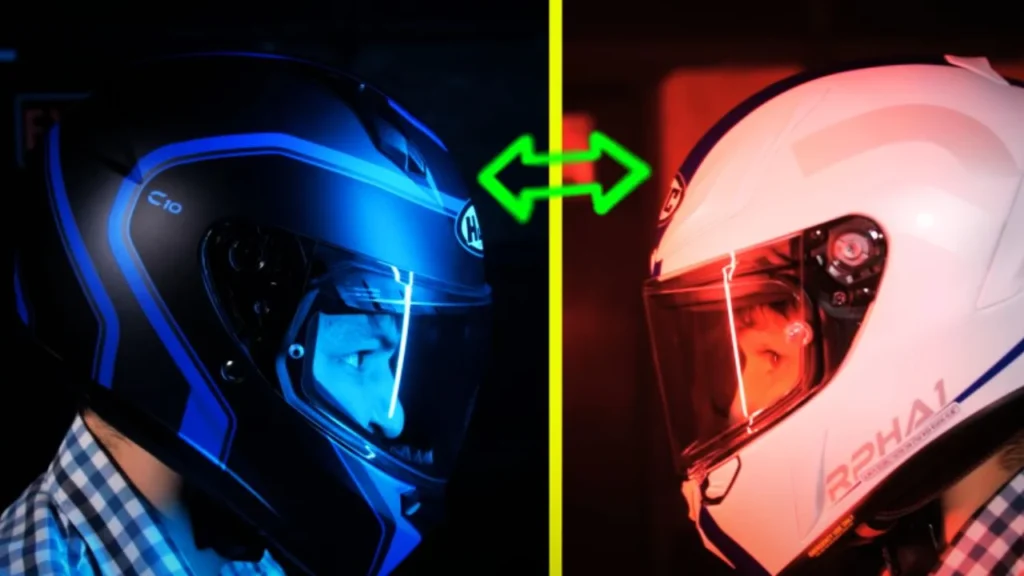
Some of the higher-end helmets, like the ones with MIPS technology, can cost around $500, but they’re well worth the investment. If you’re on a budget, you can still get a good DOT-approved helmet for around $125.
Freedom vs. Safety: My Personal Take
I’ve had countless conversations with other riders about whether or not helmets are necessary. I get it—there’s a certain feeling of freedom when you’re riding without one.
Some riders even see it as part of their identity, especially in states where helmets aren’t required. I used to feel the same way.
But after spending years on the road, I’ve seen what can happen when things go wrong. I had a close call last summer that really opened my eyes. It was a clear day, I was riding down a highway, and out of nowhere, a car swerved into my lane.
I barely avoided a crash, and it made me think: if I hadn’t been so lucky, what would’ve happened? That’s when I decided that wearing a helmet was non-negotiable for me.
Conclusion
So, is it legal to ride a motorcycle without a helmet? In some places, yes. But just because you can, doesn’t mean you should. Wearing a helmet can reduce your risk of head injury by 69% and decrease your chances of dying in a crash by 37%.
It’s a small step that could make all the difference. For me, it’s not just about the law—it’s about making sure I can keep doing what I love, safely. Whether your state requires it or not, I’d recommend wearing a helmet every time you hit the road.
Learn complete guide on other motorcycle helmet laws like
does tennessee have a helmet law for motorcycles
can i take motorcycle helmet on plane
can you ride a motorcycle without a helmet in Florida.
FAQs
1. Is it legal to ride a motorcycle without a helmet?
It depends on where you are. 19 states require helmets for all riders, while others have partial or no helmet laws.
2. Does wearing a helmet affect my motorcycle insurance?
While wearing a helmet doesn’t directly lower your insurance, it can help prevent costly injury claims, which could raise your premiums later.
3. What happens if I get caught riding without a helmet?
Penalties vary by state. Fines can range from $10 in Texas to $100 in New York, and some states may impose jail time for repeat offenders.
4. How often should I replace my motorcycle helmet?
You should replace your helmet every 5 years or after any crash, even if it appears undamaged, to maintain proper protection.
5. What should I look for when buying a helmet?
Look for DOT, Snell, or ECE-certified helmets. Features like MIPS technology can provide additional protection against impacts.


